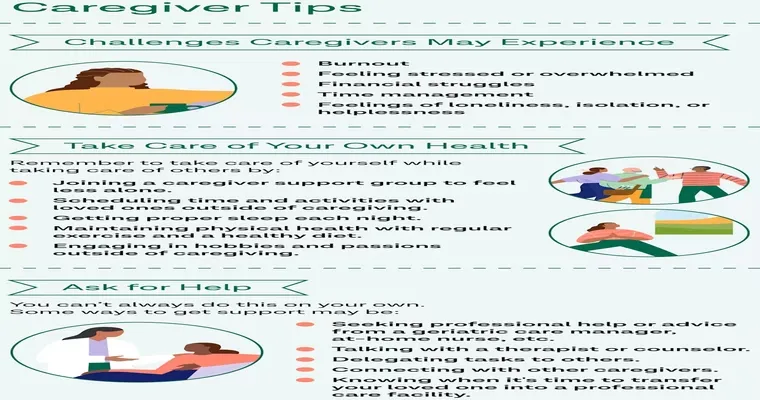Becoming a "caregiver" for an elderly loved one can be both a rewarding and challenging experience. An effective "elder care plan" is essential to ensure that you provide the best possible support while also taking care of your own needs. In this article, we will explore the key components of an elder care plan, tips for managing your responsibilities, and resources available to help you succeed as a caregiver.
Understanding the Importance of an Elder Care Plan
An "elder care plan" serves as a roadmap for managing the health and wellbeing of your elderly family member. It outlines their medical needs, daily routines, and any special considerations, such as mobility issues or dietary restrictions. Having a well-thought-out plan can minimize stress and confusion, making it easier for you to fulfill your role as a caregiver.
Assessing Needs and Preferences
The first step in creating an elder care plan is to assess the needs and preferences of the elderly individual. This involves:
"Health Assessment": Review their medical history, current medications, and any existing health conditions. Consulting with healthcare professionals can provide valuable insights.
"Daily Activities": Identify the daily routines that should be maintained, such as meal times, personal hygiene, and social activities.
"Social Needs": Understand their social preferences and the importance of maintaining relationships with family and friends.
Involving the Elderly Individual
Involving the elderly individual in the planning process is crucial. This not only respects their autonomy but also ensures that the care provided aligns with their desires. Discuss their preferences openly and encourage them to express their thoughts and feelings about their care.
Creating a Support Network
As a caregiver, you do not have to shoulder all responsibilities alone. Building a "support network" can significantly ease the caregiving burden. Consider the following:
"Family and Friends": Engage family members and friends who can share caregiving duties or provide emotional support.
"Healthcare Professionals": Keep in touch with doctors, nurses, and other healthcare providers for guidance and assistance.
"Community Resources": Explore local resources such as elder care services, support groups, or adult day care programs that can provide additional help.
Establishing a Routine
Creating a daily routine can provide structure and stability for both the caregiver and the elderly individual. Consistency helps reduce anxiety and confusion. Include time for meals, medication, exercise, and leisure activities in your routine.
Self-Care for Caregivers
Being a caregiver can be physically and emotionally taxing. Prioritizing your own well-being is essential for providing effective care. Here are some self-care tips:
"Take Breaks": Schedule regular breaks to recharge, even if it is just for a short walk or a quiet moment alone.
"Seek Support": Join caregiver support groups where you can share experiences and gain advice from others in similar situations.
"Stay Active": Engage in physical activities that you enjoy to maintain your health and reduce stress.
Utilizing Technology
In today's digital age, technology can be a powerful ally in elder care. Consider using:
"Health Monitoring Devices": Wearable devices can help track vital signs and alert you to any concerning changes.
"Communication Tools": Video calls and messaging apps can help maintain social connections, especially if you are not always physically present.
"Care Management Apps": Utilize apps designed for caregivers to organize schedules, manage medications, and track appointments.
Reviewing and Adjusting the Plan
An elder care plan is not static; it should be reviewed and adjusted regularly. Monitor the elderly individual’s health and well-being, and be prepared to make changes as their needs evolve. Regular check-ins with healthcare providers can also provide valuable feedback on necessary adjustments.
Conclusion
Creating an effective "elder care plan" is vital for ensuring the health and happiness of your elderly loved one while also supporting your own well-being as a caregiver. By understanding the individual's needs, building a support network, establishing a routine, and practicing self-care, you can set yourself up for success in this important role. Remember that you are not alone in this journey, and there are many resources available to help you navigate the challenges of caregiving.





